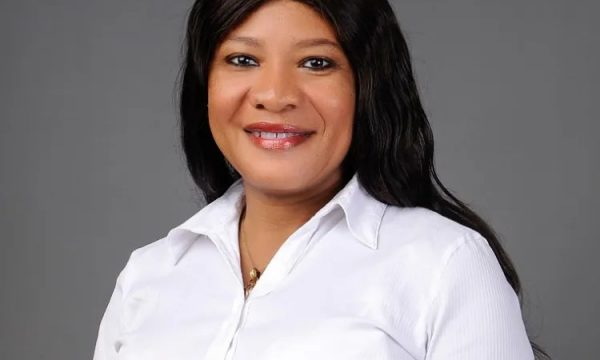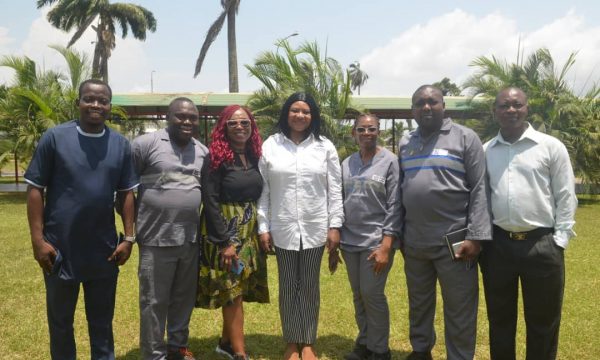The Federal Government has expressed its readiness to showcase Remita, the e-payment gateway for its much acclaimed Treasury Single Account (TSA), on the international scene. Acting Director General of National Information Technology Development Agency (NITDA), Dr Vincent Olatunji made this commitment during a recent working visit to the headquarters of SystemSpecs, the developers of Remita.
According to him, government’s interest in the e-payment solution has a link with the successes attained by Remita in the implementation of TSA, which has helped government to save more than N3 trillion.
Remita would be among other indigenous
technology solution that NITDA would showcase at GiTEX 2016, the annual information technology exhibition coming up in Dubai from October 16 to 20, 2016. At the Nigerian Pavilion, Remita would feature prominently at the Africa Investment Forum, a side-line event of GiTEX.
Recall that the success of the TSA, attained by Remita, came up for discussion at an interactive session organised by the Nigerian foreign mission with the Nigerian community in the UAE with Ambassador Babagana Wakil, acting Nigeria Consul General to the UAE in attendance.
“Participants had reinstated that they were considering implementing TSA in Dubai based on the Nigerian model. They believe that if Remita could work in Nigeria, it would work anywhere else,” Olatunji recalled.
According to him, the yearning of the UAE and responses of the participants were reasons an ICT information desk has been established at the Nigerian Consulate in Dubai for foreigners with interest in developing ICT in Nigeria.
Managing Director of SystemSpecs, John Obaro, gave voice to the transformative potentials of technology, saying that ICT has the capacity to change Nigeria quietly and solving the nation’s challenges.
“For instance, if we get our ICT right, it would be more difficult for people to be corrupt, and where they are corrupt, it becomes a lot easier to track them down. The only reason the wealthiest people in the world are ICT professionals is because of the potentials inherent in the sector”, he noted that if Nigeria desires to diversify its economy, the nation should invest in ICT.
He insisted that instead of thinking of how to dig the ground, the country should begin to think of how robots would be employed for farming. He added that other sectors are important, as such, the country should think long-term.
He said the countries of the future “will not be those who have excelled in manual processing but those that have been able to work smart and harness technology”.
While emphasising on the need to grant the software industry a pioneer status as the single biggest factor for the success of the telecommunication sector today, he said government should encourage more participation and increased investments in the ICT sector and help Nigeria achieve the much-touted economic diversification.




